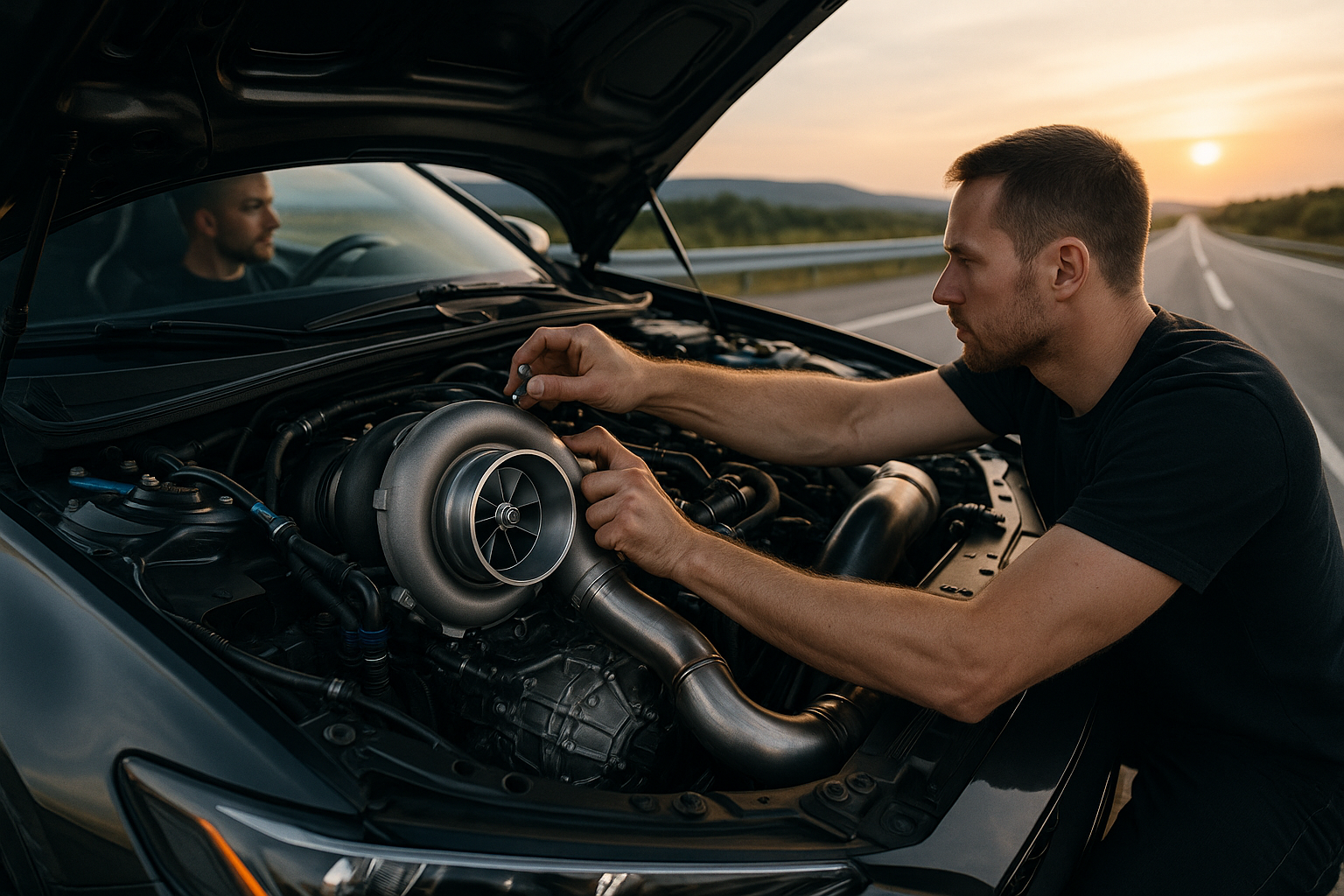Affordable Tips for Buying Cars at Police Impound Auctions
Police impound car auctions in 2025 are drawing attention from bargain hunters looking for affordable second-hand vehicles. These auctions often feature repossessed or unclaimed cars, offering potential savings compared to traditional dealerships. This guide explores what impound auctions involve, how buyers can prepare, and practical tips for making smart purchases.

What Are Police Impound Auctions?
Police impound auctions are public sales where law enforcement agencies sell vehicles that have been seized, abandoned, or repossessed. These auctions serve multiple purposes: they free up storage space in impound lots, generate revenue for government agencies, and provide the public with access to potentially affordable vehicles. The auction format varies by location—some are conducted in person with live auctioneers, while others occur online through government-approved platforms. Most auctions require registration beforehand, which may include providing identification and sometimes a refundable deposit to ensure serious bidding.
The legal framework for these auctions typically requires law enforcement to make reasonable attempts to contact the original owners before selling the vehicles. Once these efforts have been exhausted and a mandated waiting period has passed, the vehicles become eligible for public auction. Auction schedules are typically published on local government websites, law enforcement pages, or specialized auction platforms.
Types of Cars Available at Impound Auctions
The inventory at police impound auctions varies widely in terms of make, model, age, and condition. Common categories include:
-
Seized vehicles from criminal cases: These may include higher-end models confiscated during criminal investigations, particularly those related to drug trafficking or fraud.
-
Abandoned vehicles: Cars left on public property or private property without permission for extended periods.
-
Traffic violation impounds: Vehicles towed due to parking violations, expired registrations, or driving without proper documentation.
-
DUI impounds: Cars seized when drivers are arrested for driving under the influence, which may be held for mandatory periods before becoming auction-eligible.
The condition of these vehicles ranges from nearly new to requiring significant repairs. Some may have mechanical issues, while others might be in excellent condition. Many auction vehicles are sold “as-is” without warranties, which is an important consideration for potential buyers.
Why Buyers Consider Impound Auctions
Impound auctions attract buyers for several compelling reasons. The most significant draw is typically the potential for substantial cost savings. Vehicles at these auctions often sell for below market value, sometimes at 50-70% less than retail prices. This price advantage makes these auctions particularly appealing to budget-conscious shoppers, first-time car buyers, or those looking for project vehicles.
Beyond the financial benefits, impound auctions offer access to a diverse range of vehicles that might not be readily available through conventional channels. Rare models, specialty vehicles, or high-end cars occasionally appear at these auctions, providing opportunities for collectors or enthusiasts to find unique vehicles at competitive prices.
Additionally, the auction process itself appeals to many buyers who enjoy the excitement and strategy involved in competitive bidding. The transparent nature of public auctions can create a sense of fairness in pricing that some buyers prefer over negotiating with dealerships.
Preparing for an Impound Auction
Successful bidding at police impound auctions requires thorough preparation. Start by researching upcoming auctions in your area through government websites, local newspapers, or online auction platforms. Once you identify an auction of interest, review the vehicle inventory list when it becomes available, typically a few days before the event.
If possible, attend the vehicle viewing or inspection period that most auctions offer before bidding begins. During this time, carefully examine potential purchases for damage, wear, or mechanical issues. Since most auction vehicles are sold without warranties, this inspection is crucial. Consider bringing a mechanic or someone knowledgeable about vehicles if you’re not confident in your assessment abilities.
Before the auction, establish a firm budget based on the vehicle’s estimated value and potential repair costs. Research the market value of vehicles you’re interested in using resources like Kelley Blue Book or NADA Guides, then factor in a buffer for unexpected repairs.
Bidding Strategies and Cost Considerations
Successful bidding requires a combination of preparation, discipline, and strategy. Arrive early to register and secure a good position for viewing the proceedings. Observe several auctions before actively participating to understand the flow and bidding patterns.
When bidding begins, start conservatively and avoid getting caught in emotional bidding wars. Stick to your predetermined budget limit for each vehicle, factoring in additional costs like auction fees, taxes, and potential repairs.
Pricing at impound auctions varies significantly based on vehicle condition, auction attendance, and regional factors. Here’s a general breakdown of what buyers might expect:
| Vehicle Condition | Typical Price Range | Additional Costs to Consider |
|---|---|---|
| Excellent | 50-70% of retail | Registration fees: $50-$300 |
| Good | 40-60% of retail | Auction fees: 5-10% of purchase price |
| Fair | 30-50% of retail | Transportation: $50-$200 |
| Poor | 10-30% of retail | Potential repairs: $500-$3,000+ |
Prices, rates, or cost estimates mentioned in this article are based on the latest available information but may change over time. Independent research is advised before making financial decisions.
After the Auction: Next Steps
If your bid is successful, be prepared to complete the transaction promptly. Most auctions require full payment within 24-48 hours, often in cash or through certified funds. After payment, you’ll receive documentation that varies by jurisdiction but typically includes a bill of sale and title transfer paperwork.
Arrange transportation for your vehicle immediately after purchase. Some auction winners discover mechanical issues that prevent the car from being driven away, so having a backup plan for towing or transportation is advisable. Once home, conduct a thorough inspection and address any immediate safety concerns before regular use.
Complete all necessary registration paperwork promptly to ensure legal compliance. This process varies by state but typically includes title transfer, registration, and sometimes emissions testing. Budget for these administrative costs as part of your overall purchase expense.
Police impound auctions can offer significant value for informed buyers who approach the process with careful research, clear budgeting, and realistic expectations about potential additional costs. While not every auction vehicle will be a bargain, prepared buyers can often find reliable transportation at prices well below traditional market rates.




